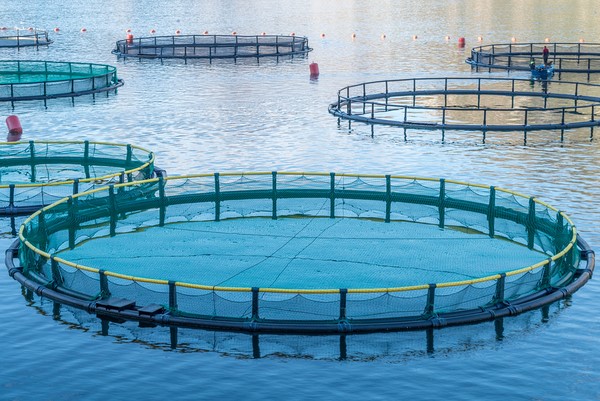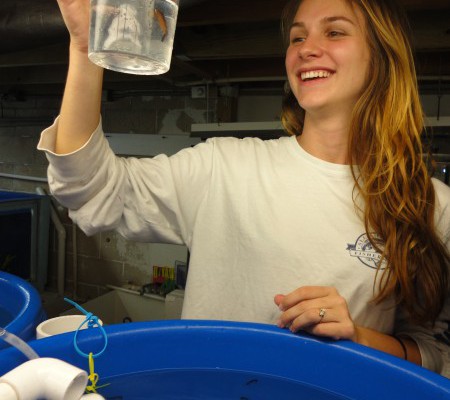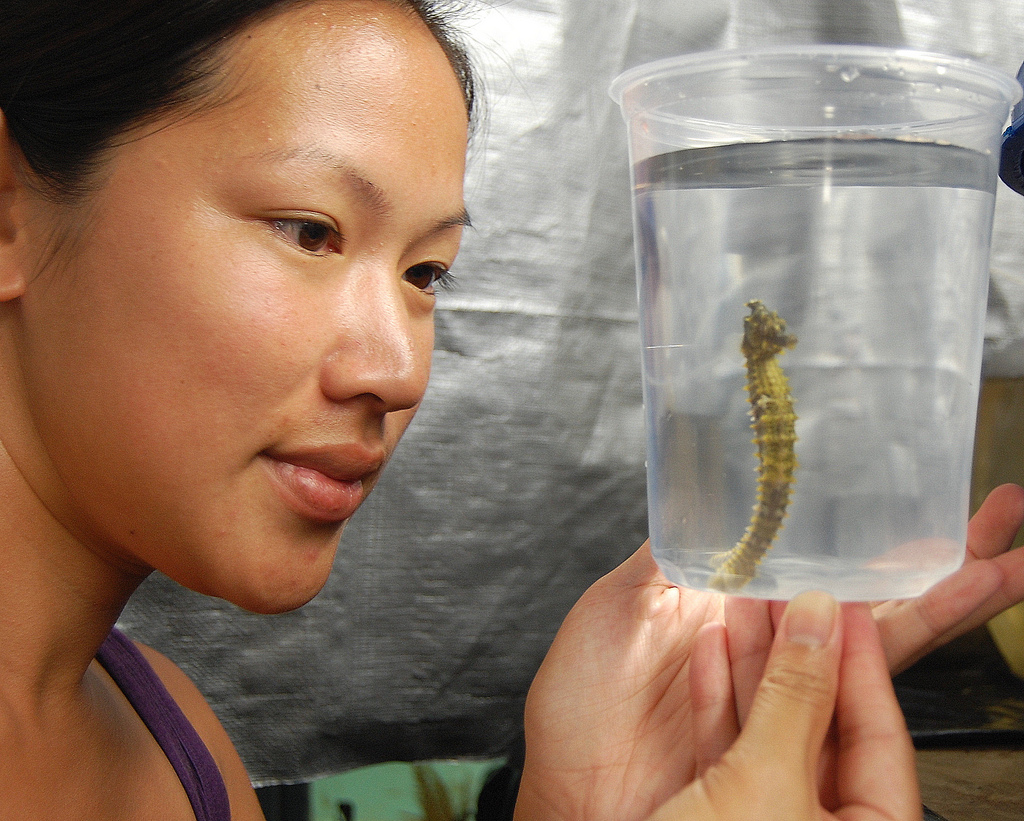A Biology Student’s Guide to the Aquaculture Industry
Aquaculture is a fairly young industry that has many opportunities for research and development.
Aquaculture is the cultivating of freshwater and saltwater aquatic organisms and plants under controlled conditions. It is most commonly referred to as “fish farming,” although it includes many other tasks like growing various aquatic plants and algae, developing chemical and pharmaceutical products that can benefit farmed products, scientific research, and the restoration of various species’ populations.
In recent years, demand for fish and seafood have far outstripped supply, and aquaculture has helped bridge the gap and keep prices for fish and seafood down so that people can afford to buy it. Since it’s a relatively new field, however, practitioners still have much to learn about sustainable practices that don’t damage the ocean and freshwater ecosystems.
Aquaculture also refers to the breeding of ornamental fish for fish tanks, which helps reduce the farming of fish from their natural habitats, and to preserving marine life on reef ecosystems. Here’s a look at some of the challenges and developments in the industry, and why professionals are in high demand.
 Challenges in the Aquaculture Industry
Challenges in the Aquaculture Industry
The aquaculture industry is built largely around producing large amounts of the fish, seafood and other products that consumers prefer and demand. Some species are much more popular than others — mainly familiar types of fish and seafood like shrimp and crab or haddock and salmon as well as ornamental fish that consumers want to have in their fish tanks.
Other challenges include packaging products according to consumer preferences and what to do with the parts of the fish (eyes, head, and organs) that the Western world doesn’t use in its cooking. Product quality is another issue, with recent studies showing that farmed fish are less healthy and may contain high levels of mercury and other heavy metals because of farming practices used.
Currently, consumers seeking the highest quality food may avoid farmed fish and seafood because of these concerns, but more research and development may be able to solve these challenges. As the industry grows and evolves, new innovations will help to improve the quality of farmed aquatic products.
When it comes to rebuilding reefs, there are also challenges to overcome. The impact of releasing fish into the wild cannot always be calculated, and mistakes can be damaging to already fragile ecosystems. Research can help to lessen these impacts and ensure compatibility of released fish with existing species in the region.
For example, at Florida Tech, researchers are helping the restore wild seahorse populations through field research and farming healthy populations to reduce harvesting of seahorses in the wild.
The most common aquaculture business is a fish hatchery.
 The Aquaculture Student
The Aquaculture Student
Students pursuing aquaculture degrees will be able to help develop technologies to meet these challenges as well as overseeing aquaculture operations like fish hatcheries and other farming operations. The U.S. Department of Agriculture reports that aquaculture production and interest in these practices are increasing. This is likely because more restrictions are being placed on wild harvest of many aquatic species, but consumer demand is growing.
Florida Tech students have a unique opportunity to study aquaculture at the Vero Beach Marine Laboratory (VBML), working with private companies to help farm aquatic organisms.
The 2013 Census of Aquaculture reported estimated sales of $1.37 billion, and that number continues to increase. Skilled aquaculture professionals are needed to keep up with demand in sustainable and responsible ways, preventing harm to the ecosystems affected and maintaining or improving the quality of farmed fish, seafood, and other aquatic products.
Florida Institute of Technology offers an Aquaculture major in its biological sciences programs. For more information about our undergraduate programs, contact us today.
%CODE1Aquaculture%







